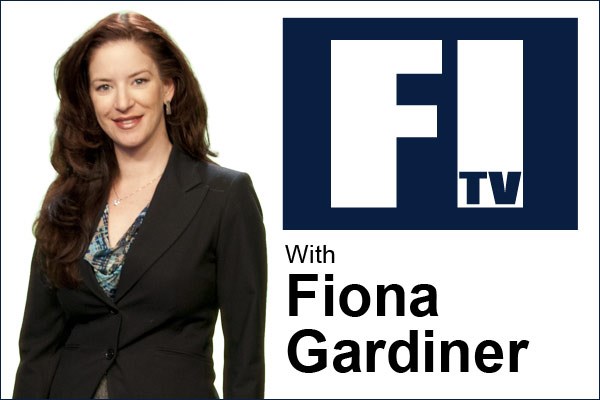My mother and I have always been close. However, as I’ve grown older, the word “Mom” has had different connotations. Some I’ve experienced personally. Some I’ve discovered on TV.
In the early days of television, June Cleaver was the paragon of Mom-hood. However, she was a little difficult to live up to for most women. Fortunately, I barely had a passing awareness of this particular Mrs. C.
Now Happy Days’ Marion Cunningham was the stay-at-home mom that I sometimes longed for in my own house. She always had something ready when the kids got home. My mother worked full time. So on the surface, they had little in common. But they both had that deceptive backbone of steel beneath a soft and gentle veneer.
I also grew up with the Partridge Family. My mom played piano but she didn’t quite match Shirley Partridge’s cool band vibe and never bought us a painted tour bus.
Family Ties’ Elyse Keaton was another matriarch I watched carefully. While my mother was hardly a former '60s radical – nor I an egghead Republican child – both women had that ever-present “go with the flow” mentality regardless of what their kids threw at them.
Then I met Mrs. Clair Huxtable. She was the epitome of the woman who had it all: a loving family, a thriving career, and plenty of time for both of them. I couldn’t quite understand why my mom was so tired all the time. Clair did it with five kids and mom only had three.
For a few years, it seemed that television shows were killing off moms left and right. From Full House to Party of Five, every second father was a widower or a brother raising his siblings. But it allowed me to see the possibility of “maternal” support in other people. Apparently, “mom” didn’t have anything to do with biology or DNA – a lesson that served me well in later years.
As a young adult woman, Growing Pains and later, Gilmore Girls showed me a different mother/daughter relationship. Maggie Seaver, the closest I’d found to me own ma, was certainly someone I’d like to hang out with. And former teen mom, Lorelai Gilmore, actually talked TO her daughter – not at her.
These were relationships that, as an adult, inspired me to be my mother’s friend. So much so, that after graduating university, the two of us travelled through Europe and visited family in Sweden for four whole weeks without killing or even maiming each other.
But now, my mother and I have moved into a new stage. She’s retired, living in a senior’s residence and leaning on me for help. There’s not much on TV now for inspiration but I do remember The Golden Girls and their message: a mom is always a mom even if the roles get a little reversed now and then.
So Mom, I mean it when I say you may not be an iconic matriarch, but I wouldn’t trade you for anyone on TV. Not even Miss Ellie.

